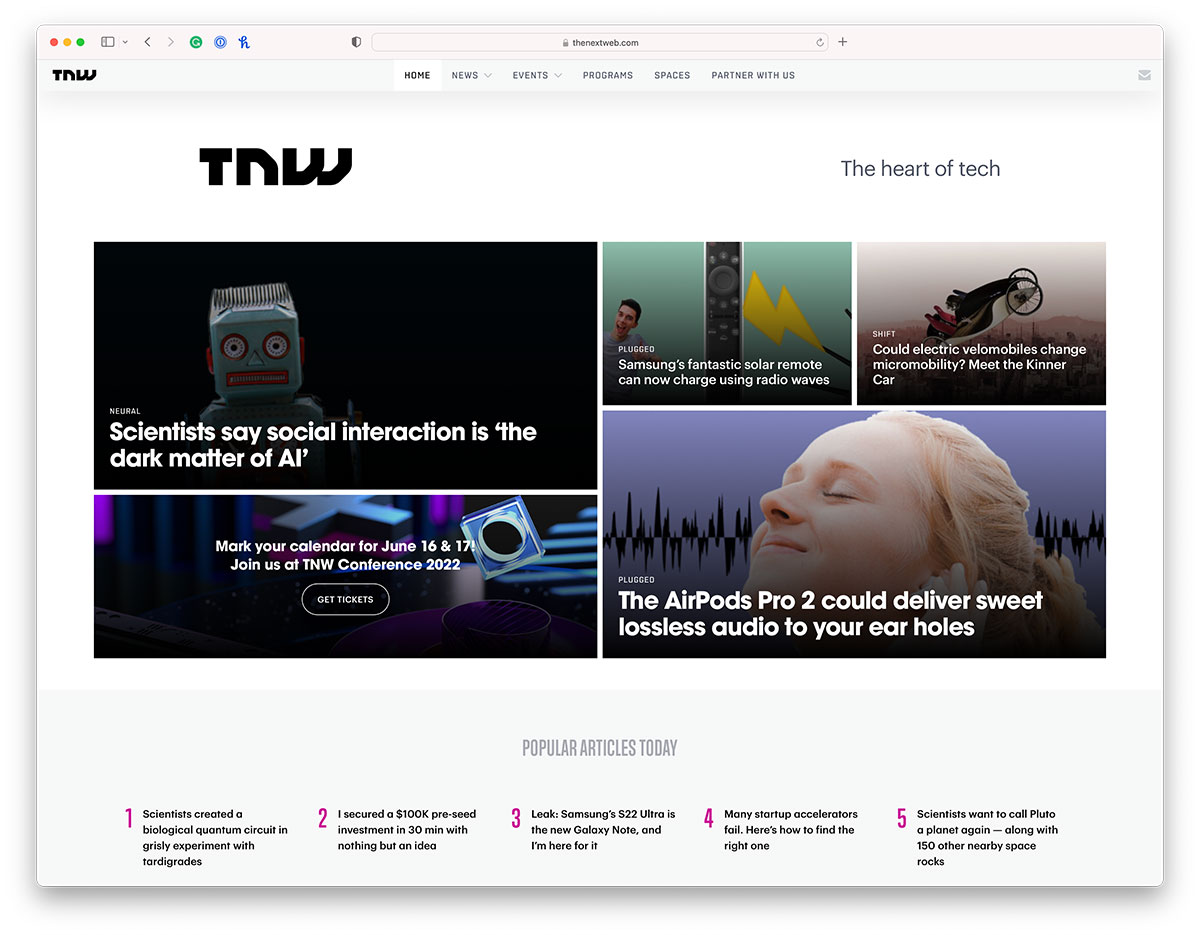3 Easy Facts About News Websites Explained
3 Easy Facts About News Websites Explained
Blog Article
Little Known Questions About News Websites.
Table of ContentsNews Websites Can Be Fun For AnyoneFacts About News Websites UncoveredSome Ideas on News Websites You Need To KnowNews Websites Can Be Fun For AnyoneThe smart Trick of News Websites That Nobody is Discussing
It was down in the UK and Brazil however up some various other nations, such as Greece, Bulgaria, and Poland (News Websites). This year, for the first time, we asked about the different methods that individuals stay clear of the information and located that around half of avoiders (53%) were trying to do so in a broad-brush or regular means for instance, by shutting off the radio when the news began, or by scrolling past the information in social media sitese.g. scrolling past news, transforming channels when news begins. of avoiders check sources much less often. e.g. limit to specific times of day, transforming off notifications, etc. of avoiders stay clear of some topics. e.g. subjects that bring down mood or rise stress and anxiety. You claimed that you attempt to actively prevent news.

I'm possibly picking to learn more light-hearted tales than I utilized to right now. M, 51, UK Switching my back on information is the only way I feel I can cope often. I have to consciously make the initiative to transform away for the benefit of my own psychological health and wellness.
See This Report about News Websites
Discerning evasion of Ukraine information was highest possible in much of the nations closest to the conflict, reinforcing searchings for from our extra survey last year, not long after the war had actually begun. Our information might not suggest an absence of rate of interest in Ukraine from nearby countries but instead a wish to manage time or shield psychological health from the really genuine horrors of battle.
Comparing Finland with a politically polarised country such as the United States (see following chart) that is less influenced by the battle, we locate an extremely various pattern of subject avoidance. In the United States, we discover that consumers are most likely to avoid topics such as nationwide politics and social justice, where discussions over problems such as sex, sexuality, and race have become extremely politicised.
American national politics are quite toxic nowadays. I find sometimes that I need to separate from stories that simply make me mad. F, 61, United States For some individuals, bitter and divisive political discussions are a reason click to transform off news entirely, however, for some political partisans, evasion is commonly about shutting out perspectives you don't wish to listen to.

Examine This Report on News Websites
Some are wanting to make news more available for hard-to-reach groups, widening the news agenda, commissioning even more motivating or positive information, or welcoming useful or services journalism that give people a feeling of hope or personal agency. In our study this year, we asked respondents regarding their passion in these various Click This Link strategies.
This describes why stories like Ukraine or nationwide politics carry out well with information regulars yet can at the exact same time transform less interested users away (News Websites). Discerning avoiders are less thinking about all kinds of information than non-avoiders but in loved one terms they do appear to be more curious about favorable or solutions-based information

The 10-Minute Rule for News Websites
2023). This may hold true in the moment, yet in time it seems to be leaving numerous people vacant and much less pleased, which might be threatening our connection with and count on the news. Throughout markets, total trust fund in news (40%) and count on the sources individuals utilize themselves (46%) are down by a further 2 percentage points this year.
Via the rear-view mirror, the COVID-19 trust bump is clearly noticeable in the following chart, though the instructions of traveling afterwards has been mixed. In some cases (e.g. Finland), the trust boost has actually been maintained, while in others the upturn looks even more like a spot in a tale of continued lasting decrease.
Several of the greatest reported degrees of media criticism are located in countries with highest possible levels of question, such as Greece, the Philippines, the United States, France, and the UK. The most affordable degrees of media objection are frequently in those with higher levels of trust fund, such as Finland, Norway, Denmark, and Japan.
The Buzz on News Websites
This year we asked participants regarding their preferences for message, audio and video when eating news online. Usually, we locate that the bulk still choose to read the news (57%), instead of watch (30%) or pay attention to it (13%), however more youthful people (under-35s) are most likely check this to listen (17%) than older teams.
Behind the averages we find significant and unexpected nation differences. In markets with a solid reading practice, such as Finland and the United Kingdom, around 8 in ten still prefer to read on the internet information, however in India and Thailand, around 4 in ten (40%) state they prefer to enjoy news online, and in the Philippines that percentage is over fifty percent (52%).
Report this page